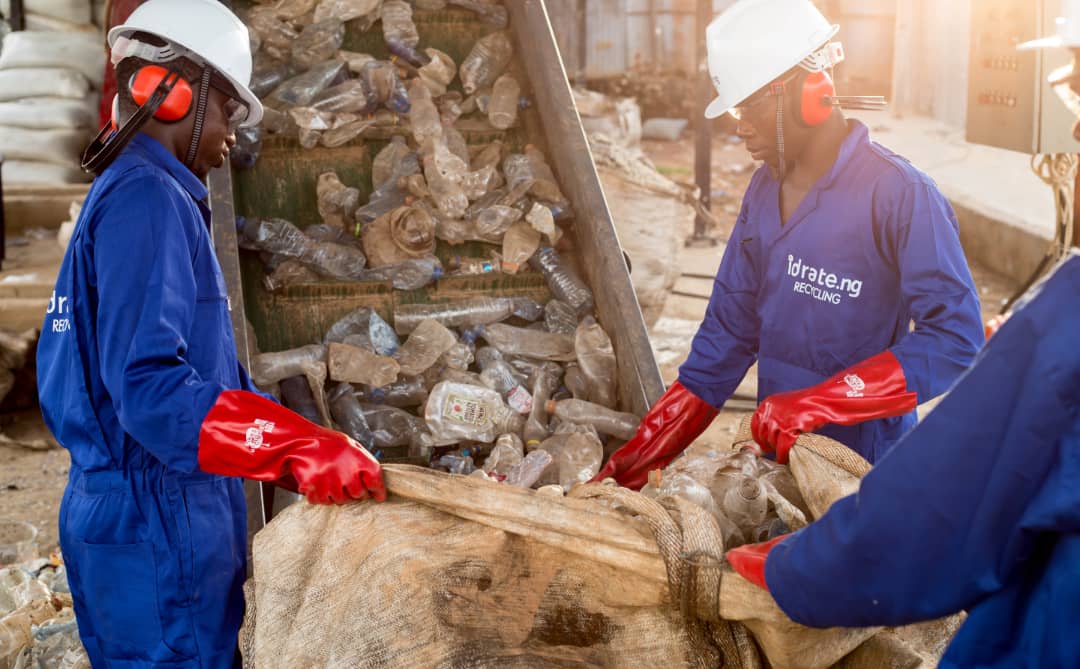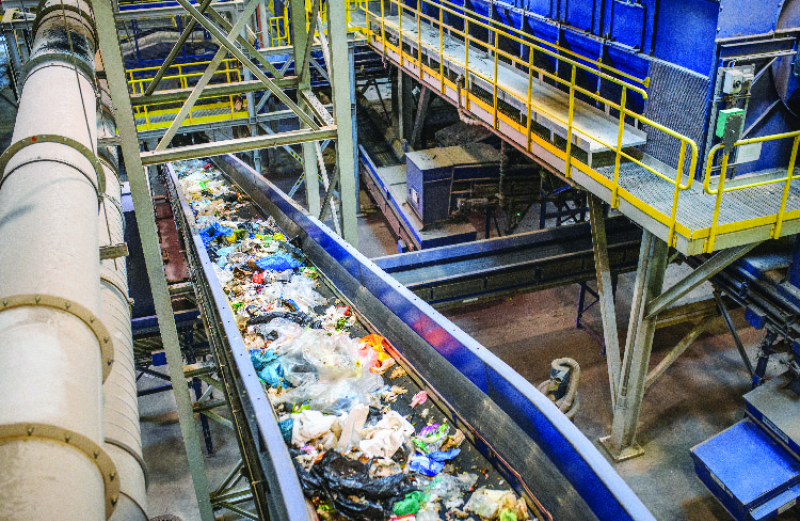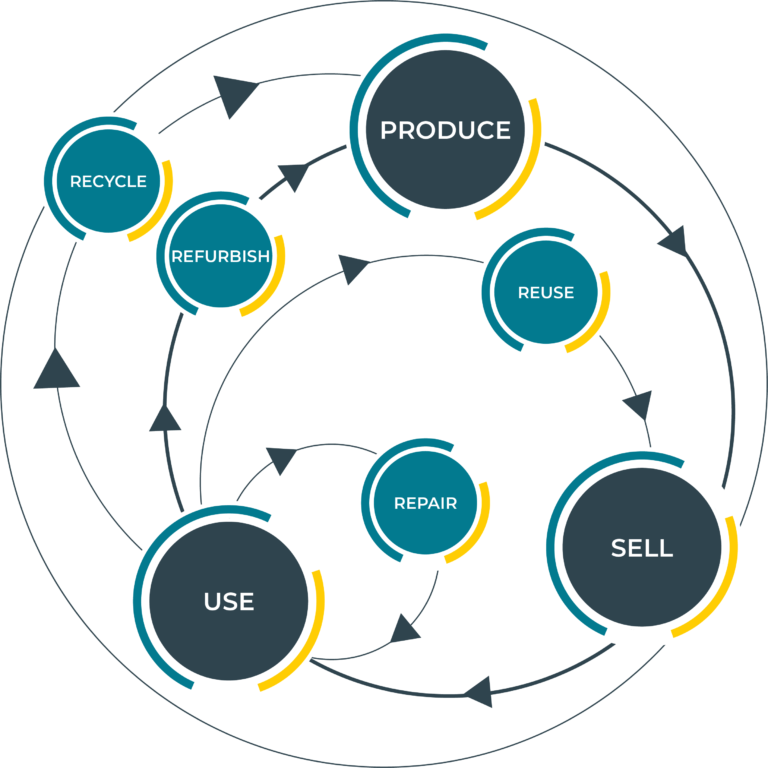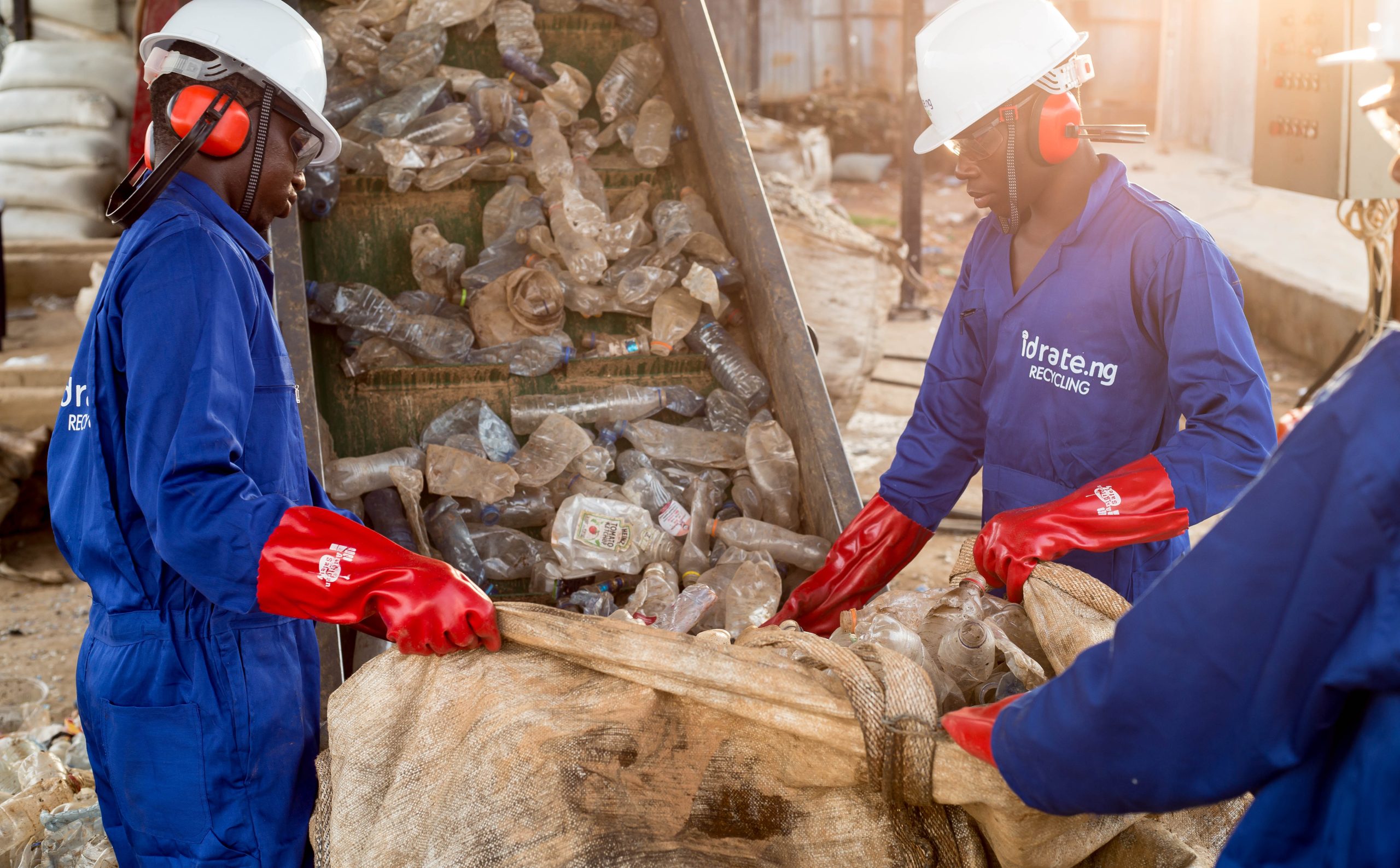In today’s rapidly evolving world, the urgency to address environmental concerns has led to remarkable innovations in various industries. One area that has witnessed significant progress is waste management and recycling, with a particular focus on tackling the challenge of managing plastic waste, such as PET bottles. In this blog post, we will explore some of the most promising eco-friendly innovations that are advancing waste management and PET recycling.
1. Smart Bin Technology: Traditional waste bins have received a technological upgrade in the form of smart bin technology. These intelligent bins are equipped with sensors that can detect when the bin is full, optimizing waste collection routes and reducing unnecessary pickups. By minimizing the number of collection trips, fuel consumption and carbon emissions are reduced, contributing to a greener waste management system.
2. AI-Powered Sorting Systems: Sorting through mixed waste has long been a labor-intensive and error-prone process. However, the integration of artificial intelligence (AI) and machine learning (ML) has revolutionized waste sorting. Advanced AI-powered sorting systems can accurately identify and separate different types of materials, including PET plastics, from the waste stream. This not only improves recycling rates but also reduces contamination and increases the value of recovered materials.
3. Chemical Recycling: Traditional mechanical recycling methods have limitations when it comes to certain types of plastic, including PET. Chemical recycling offers a breakthrough solution by breaking down plastic waste into its molecular components, which can then be used to create new plastics or other valuable materials. This process has the potential to significantly reduce the amount of plastic waste that ends up in landfills or incinerators.
4. Biodegradable Alternatives: One of the most promising avenues for addressing plastic waste is the development of biodegradable alternatives to conventional plastics. Researchers and companies are working on creating PET-like plastics derived from renewable sources, such as plant-based materials. These bioplastics have the advantage of being compostable or biodegradable, reducing the long-term environmental impact of plastic waste.
5. Upcycling Initiatives: Upcycling involves converting waste materials into products of higher value. In the context of PET recycling, upcycling could entail transforming discarded PET bottles into new products, such as textiles, building materials, or even 3D printing filaments. This innovative approach not only reduces the demand for virgin materials but also extends the lifespan of plastic waste.
6. Community Engagement and Education: While technological innovations play a crucial role in advancing waste management and recycling, community engagement and education are equally important. Raising awareness about the environmental consequences of improper waste disposal and promoting responsible consumption can lead to reduced plastic waste generation at the source.
7. Extended Producer Responsibility (EPR): EPR is a policy approach that holds manufacturers responsible for the entire lifecycle of their products, including the disposal stage. By implementing EPR programs, companies are incentivized to design products with recycling and environmental impact in mind. This encourages the development of more eco-friendly packaging and materials.
In conclusion, the issue of plastic waste and its impact on the environment is a pressing concern that requires innovative solutions. The advancements in waste management and PET recycling outlined in this blog post demonstrate the potential for a more sustainable future. From smart bin technology to chemical recycling and biodegradable alternatives, these innovations collectively contribute to reducing plastic pollution and conserving valuable resources. By embracing these eco-friendly innovations and encouraging a culture of responsible consumption, we can pave the way for a cleaner and greener planet.



